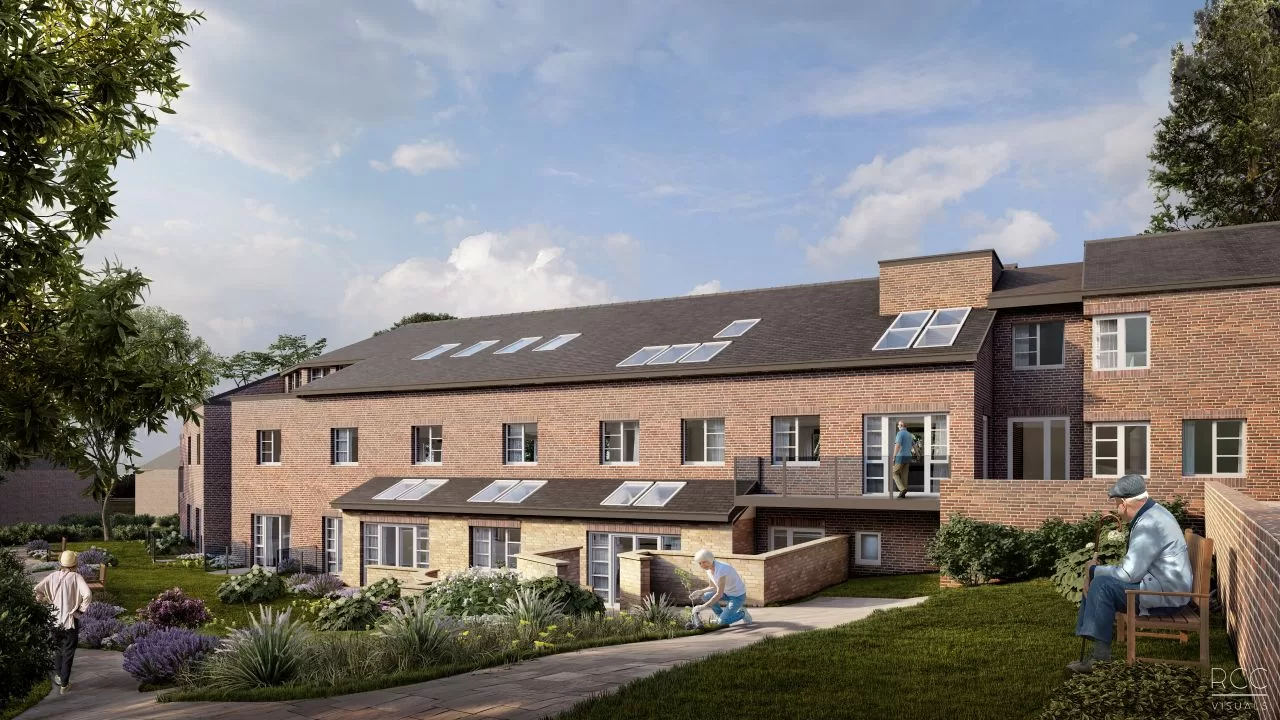The Value of Pre-Application Advice
When I started out in my career, I could telephone my local planning authority, get an appointment with an officer of my choice. Call round for a general discussion on a project, well before we had developed the designs in detail. It was, effectively, free pre-application advice, and what’s more, it was reliable advice. Wind the clock forward two or three decades and we now have a formal procedure to obtain pre-application advice, supported by government and paid for by the applicant. So, is it better and is pre-application advice worth it?
Well, the answer is it can be – but often isn’t. Let me explain.

The potential gain from applying in advance for advice from the local planning authority (LPA) is an early indication of whether or not the principle of what is proposed is likely to prove acceptable. This can avoid significant abortive fees and costs in developing proposals that fail to meet expectations. Early engagement with the planners can iron out potential policy conflicts, establish the appetite of the LPA for what is being proposed and give the applicant confidence in moving forward with the expense of developing proposals in detail, along with all of the costly supporting information. So far, so good. But it’s important to understand that pre-application advice, even though it has to be paid for and is usually in writing, carries no formal weight when it comes to making a planning application. The advice is always qualified along the lines of ‘advice given is without prejudice to a formal planning decision.’ Pre-app requests are sometimes handled by more junior officers, making their opinion even less reliable. This is one of the downsides of the pre-application process.
Another downside is timeliness. Pre-app advice works best when it is received promptly. The applicant wants to know quickly whether or not what they propose is likely to be acceptable, and if not, what may have to change to make it acceptable. Given that the majority of planning applications have a statutory timeframe of 8 weeks for determination, you would hope that a much simpler pre-app response could be forthcoming in less than half that time. Sadly, this is seldom the case, and I have waited many months for an officer’s pre-app response, which rather outweighs the benefit of applying for advice in the first place. In one recent case, it took the planning authority 8 months to submit their report, leading to significant frustration for my client, who, to top it all, had to pay many thousands in fees to the LPA for the benefit of that advice.
So, is there an alternative to pre-app advice? Some developers argue it’s often quicker and more sure-footed to apply for planning permission first, then see what, if any, issues are raised and either amend the proposals mid-term or else withdraw the application and resubmit. The latter was always an option when a second ‘free go’ application was possible, but recent changes in the fee structure for planning applications mean there is no longer a second chance. Every application, however similar to the last, attracts its own planning fee. The LPA knows this, and to boost their fee income and meet target determination dates, will often refuse to accept significant amendments during the processing of a planning application.
Another option is to engage your consultant town planner. It’s interesting to note that over 50% of RTPI planners now work in the private sector and not for LPAs. This is another change from when I qualified as an architect. Planning consultants simply didn’t exist back then. An independent consultant will, more likely, have good knowledge of the local planning authority’s standards and policies and can help steer your development to a successful planning outcome.
In summary, is pre-application advice worth it? The answer is, I’m afraid, only sometimes. Where an LPA allocates senior staff, responds promptly with their advice and is willing to be held accountable, later when a formal planning application is lodged, then the answer is a resounding yes. However, I doubt the value where the advice takes too long and is given by junior staff whose opinion cannot be relied upon.
At WWA, we work across the South East and have a clear understanding of the strengths and challenges in LPA planning performance. By speaking with our team early on, you’ll receive independent, reliable planning advice that can help streamline your proposals and save significant costs later.








